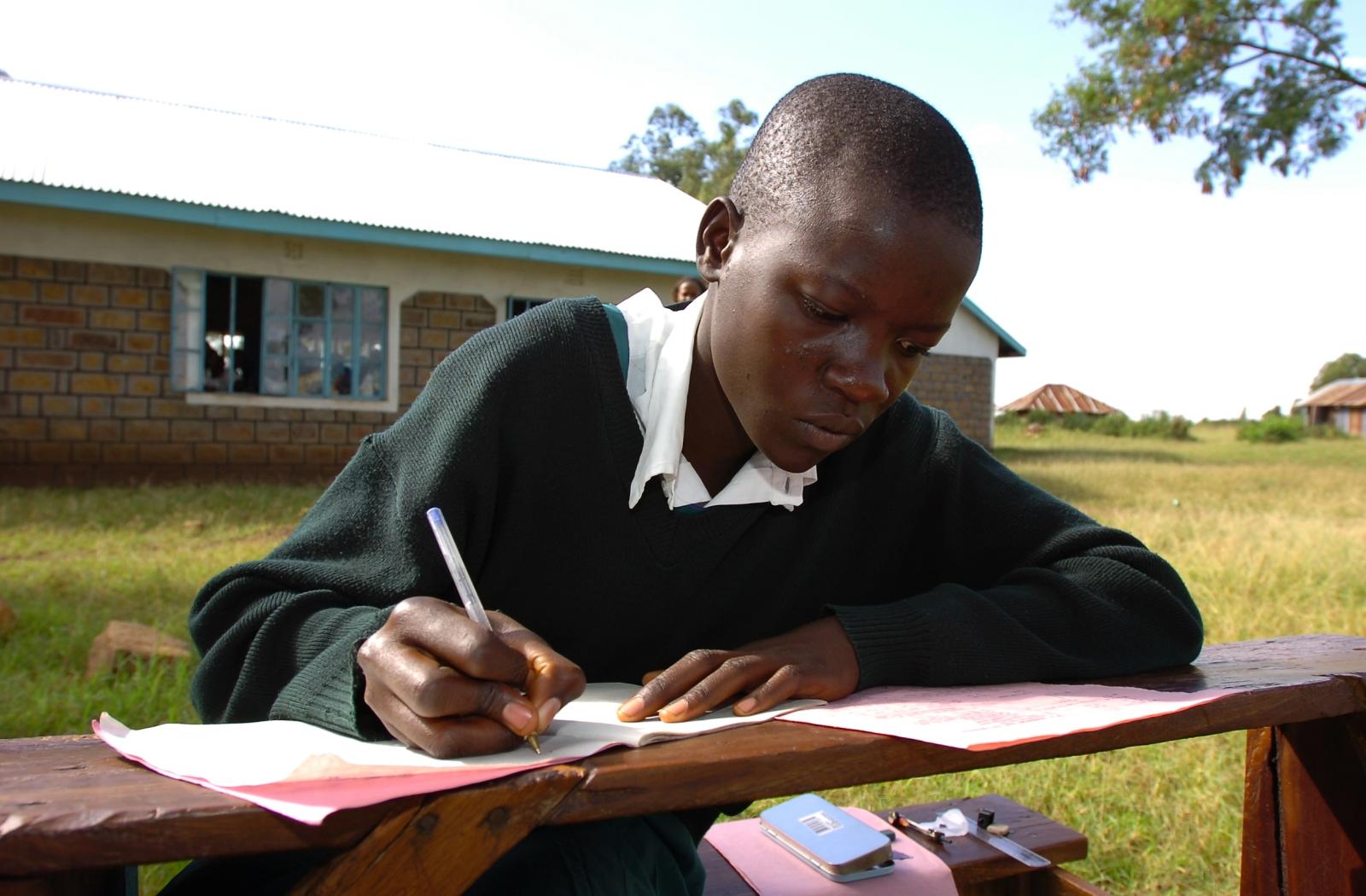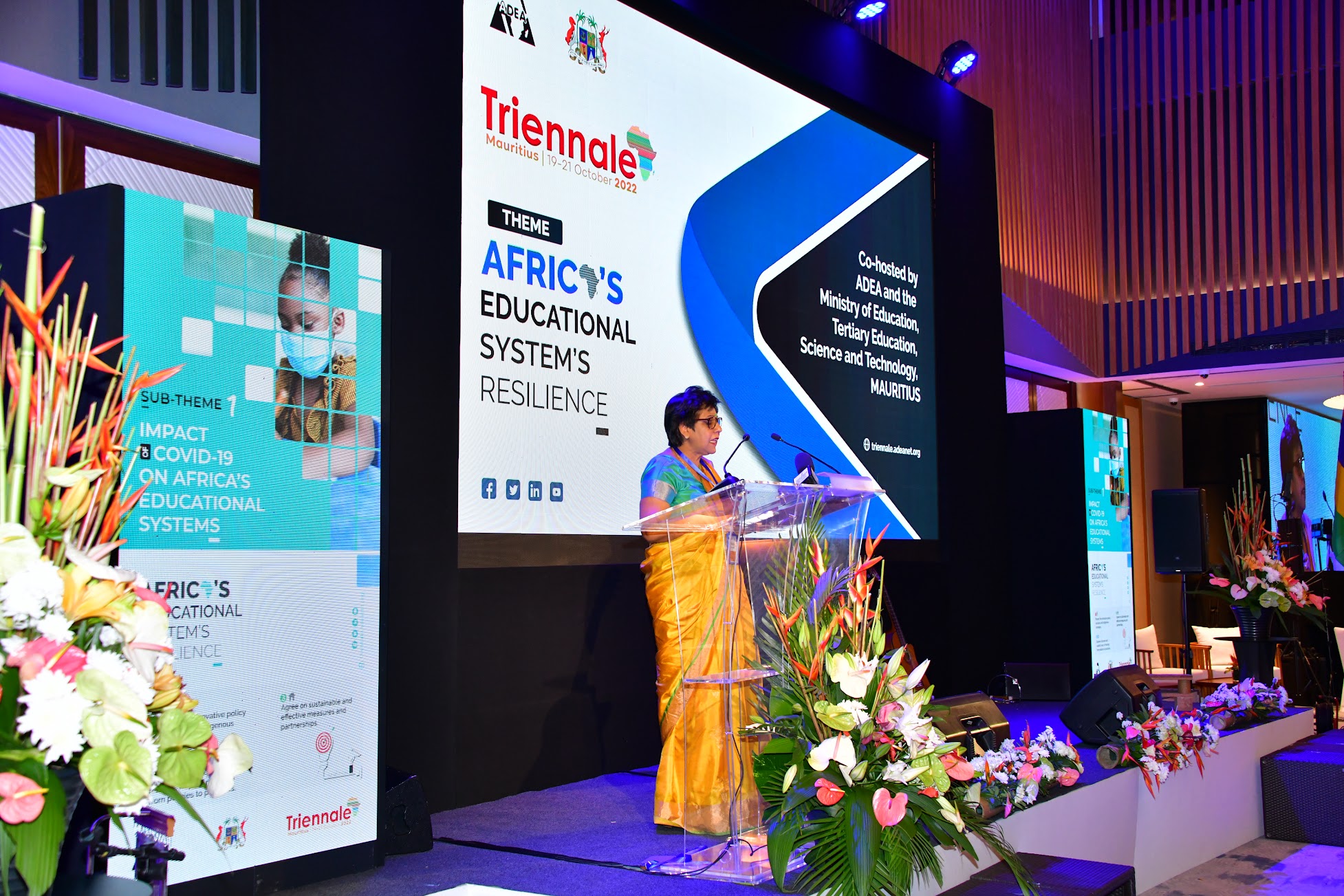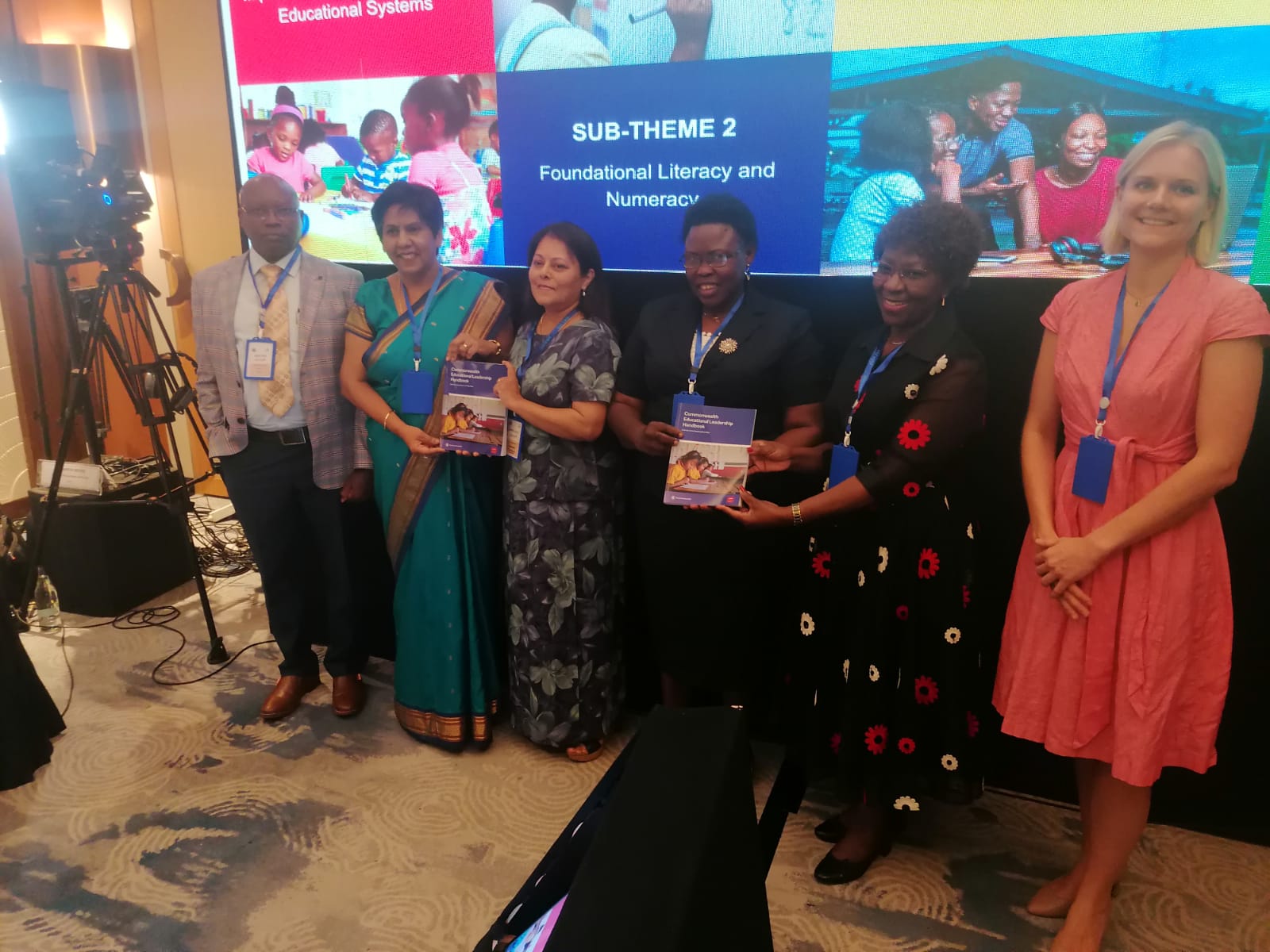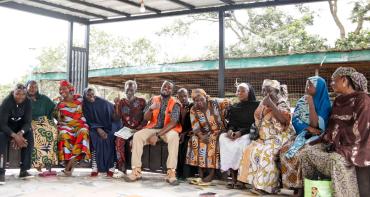Commonwealth countries must work together to build education systems that are resilient enough to withstand future pandemics and other shocks.

This was the call from participants at an event held in the wings of the recent Association for the Development of Education in Africa (ADEA) Triennale in Mauritius, under the theme: ‘Reflecting on the impact of COVID-19 on Africa’s educational systems and how to build resilience to sustain the development of skills for the continent and beyond’.
Hosted by the Commonwealth Secretariat, in partnership with the Kenyan Ministry of Education, the Commonwealth event at the ADEA’s conference, focused on ways to implement the outcomes of the 21st Commonwealth Conference of Education Ministers (21CCEM).

In her opening remarks at the meeting Hon. Mrs Leela Devi Dookun-Luchoomun, Vice Prime Minister and Minister of Education, Tertiary Education, Science and Technology, Mauritius, addressed the damaging and lasting impact that Covid-19 response measures such as extended school closures on learning and education.
She said:
“We all realise that we must act now in response to the greater awareness which the pandemic has given us. We must ensure that relevant, efficient and timely actions are initiated to address the already suffered losses and inequalities in learning.
“We must plan to build forward better to provide a sound anchorage for a more resilient education system—and that means working and partnering with all stakeholders involved.”
She added: “We must re-imagine and build a more adaptable and strong education system, one that is in a state of preparedness for any major disruption that may shake us in the future.”
During the session, Hon Dookun-Luchoomun oversaw the soft launch of the Commonwealth Educational Leadership Handbook. According to the publication, the resource “is a practical, immediate response to expressed needs in school leadership development.

It aims to support efforts to integrate school leadership development in the professional development of the education work force, including through reflective practice and conversations about professional development and personal growth.”
Modules of the handbook were piloted and rolled out last year in Mauritius under the coordination of Dr Chaya Surajbali-Bissoonauth.
Dr Amina Osman, Education Adviser at the Commonwealth Secretariat, and one of the book's authors, said knowledge-sharing between Commonwealth countries will be key to implementing the recommendations of 21CCEM and this year’s Commonwealth Heads of Government Meeting.
She added: “We should endeavour to identify shared goals and implement concrete actions, particularly where partnerships and collaboration offer efficiency and cost-savings.”
Participants at the event reiterated their determination to efficiently address the aftermath of the upheavals caused by the COVID-19 pandemic in Commonwealth countries.
This was echoed by the Minister of Education from Malawi, Hon Agnes Nyalonje. She said:
“It is time that our partners get into an act of partnership so that we do not have to get into too many rooms.
“We should channel our efforts. We must challenge ourselves to fix the education systems through context-specific solutions”.
The State Minister for Primary Education for Uganda, Dr Joyce Moriku Kaducu, suggested local communities should be involved in decisions about educational reform as learning is a, “shared responsibility”.
While Mr Shem Bodo, ADEA Senior Programs Officer, focused on the inclusion of the youth voice, highlighting the importance of giving young people a seat at the table.
Media contact
- Amy Coles Communications Officer, Communications Division, Commonwealth Secretariat



